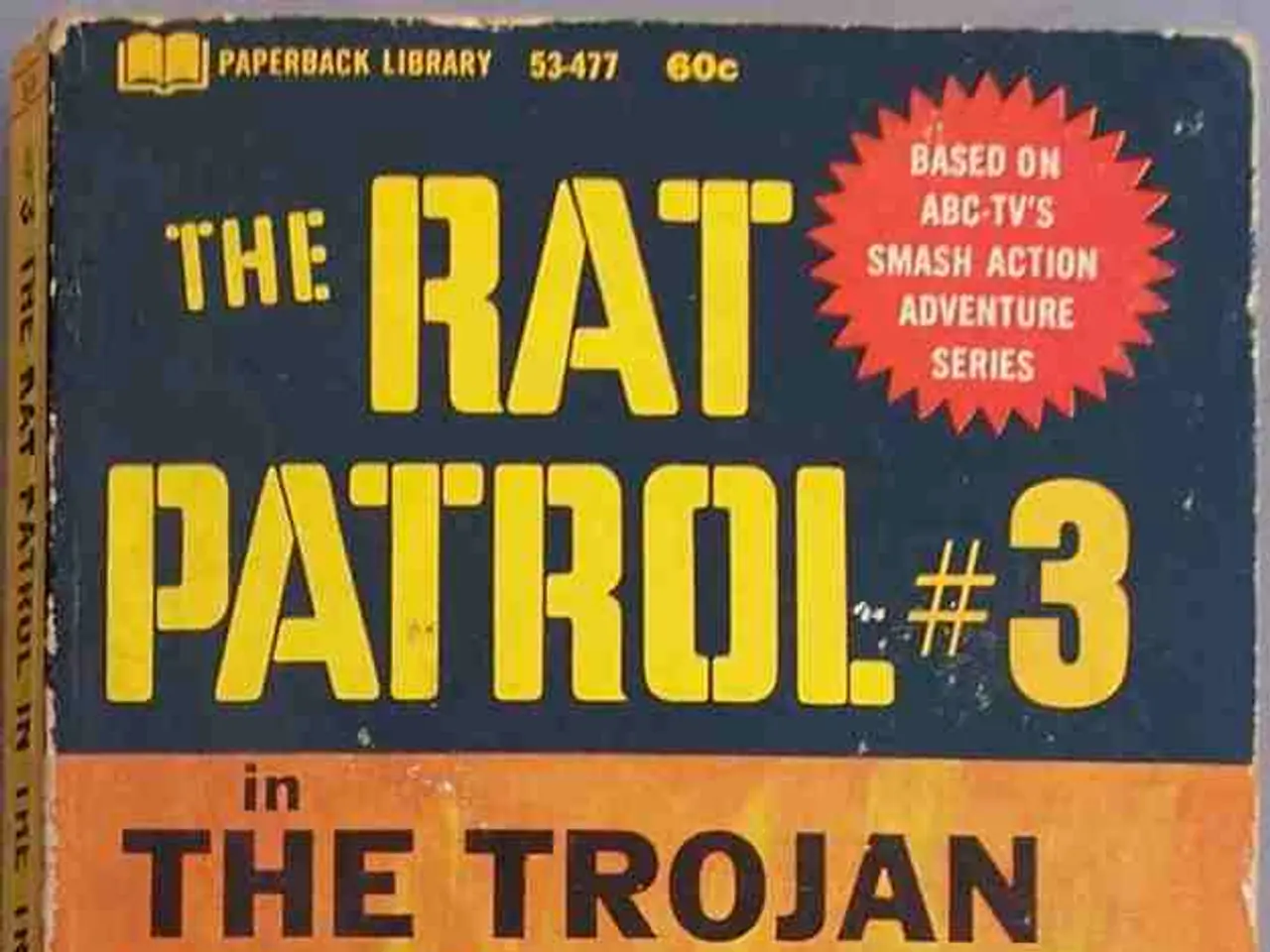Century-Long Israeli Atrocities: Palestine's Relentless Opposition Persists
In the tumultuous history of the Middle East, the plight of the Palestinians has been a recurring theme. This narrative unfolds through a series of massacres, ethnic cleansing, and displacement, culminating in the establishment of the state of Israel.
As early as 1937, under British rule, Palestinians in Haifa and Jerusalem (Al-Quds) fell victim to massacres perpetrated by Zionist militias. The violence escalated in 1946 when the King David Hotel in Jerusalem was bombed, resulting in the loss of 91 lives, including 28 British soldiers and officials.
The year 1947 marked a pivotal moment as the UN pushed for partition. In response, Zionist forces unleashed a campaign of terror across Palestine, resulting in massacres in several locations. One of the most infamous was the massacre at Deir Yassin, where over 100 villagers, including women and children, were executed by the Irgun and Lehi. The resulting panic forced hundreds of thousands to flee.
The establishment of Israel in 1948 was built on the ruins of over 500 destroyed villages and the ethnic cleansing of over 750,000 Palestinians. The Zionist settlers organized armed militias like the Irgun, Haganah, and Lehi (Stern Gang), which carried out terror attacks against the native Palestinian population.
The conflict did not cease with the establishment of Israel. Another massacre took place in Al-Quds in 1967 during the war that brought the West Bank and Gaza under permanent Israeli control. The invasion of Jenin Refugee Camp resulted in a massacre in 2002. Gaza has been treated as an open-air prison since 2008, with wave after wave of military operations in 2008-2009, 2012, 2014, 2018-2019, and 2021.
Since October 2023, Israel has launched the deadliest campaign in its history, resulting in over 30,000 Palestinians killed, most of them women and children. Gaza's hospitals, schools, refugee camps, and entire neighborhoods have been obliterated in this campaign.
It is important to note that the current Israeli government, formed in December 2022 and led by Benjamin Netanyahu, consists of contemporary politicians without direct participation in early 20th-century Zionist militant activities. However, the legacy of those actions lingers, with massacres continuing to mar the region's history.
In 1994, a settler opened fire in the Ibrahimi Mosque while Israeli soldiers stood by. Another massacre occurred in Jerusalem in 1953. From 1953 to 1967, Israel's actions evolved from occupation to apartheid, with the implementation of discriminatory policies against Palestinians. The Al-Aqaba massacre occurred in 1990, and another massacre took place in Haifa and Balad al-Sheikh in 1938 and 1939, aimed at breaking Palestinian resistance to the settler project.
The project that became Israel was primarily a foreign enterprise, dominated by European Zionists. Hundreds were executed in Khan Yunis in 1956. In 1990, the Al-Aqaba massacre took place, and in 1948, Menachem Begin, commander of the Irgun, masterminded the King David Hotel bombing and later became Prime Minister of Israel.
This chronicle serves as a stark reminder of the human cost of conflict and the importance of understanding history to prevent its repetition.








